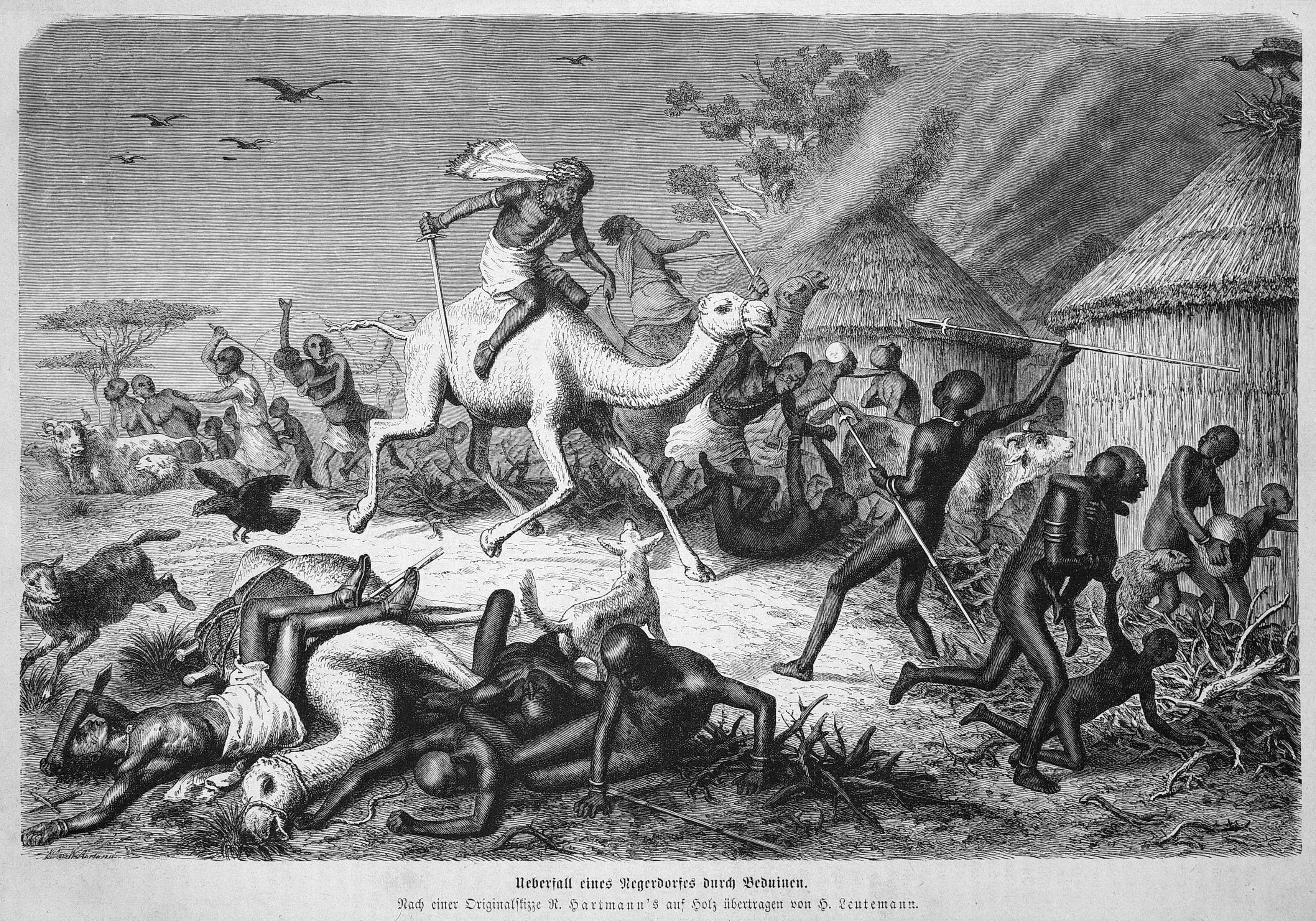Nilotic
VIP
⁴
I think the average Nilotic man in South Sudan may reach 6'2 with improvements in diet and nutrition. My sister is 6'2 so maybe it could be higher for the men after a period of 30 or so years with an improved diet for the population.
My younger cousins are all taller than me; one of them is 6'8 and I simply can't believe it; the boy was born in Africa but he arrived in Australia at 5 years of age.
What do you think the average Nilotic man would be with good diet? I have three south Sudanese friends, tallest is 6’7, second tallest is 6’3 and the other is my height 6’0. I think you guys have the tallest genes in the world.
I think the average Nilotic man in South Sudan may reach 6'2 with improvements in diet and nutrition. My sister is 6'2 so maybe it could be higher for the men after a period of 30 or so years with an improved diet for the population.
My younger cousins are all taller than me; one of them is 6'8 and I simply can't believe it; the boy was born in Africa but he arrived in Australia at 5 years of age.

 welcome to SomaliSpot!
welcome to SomaliSpot!
